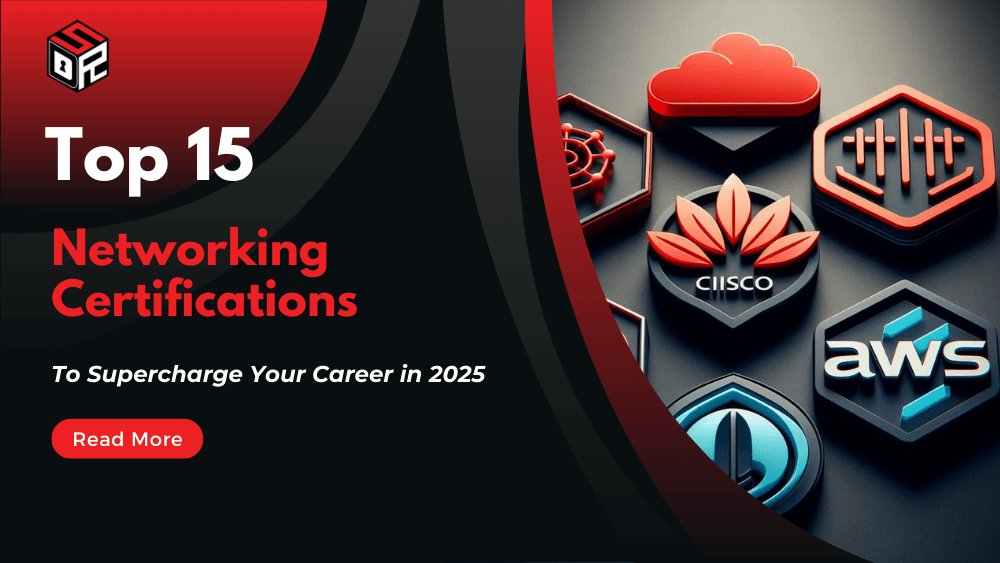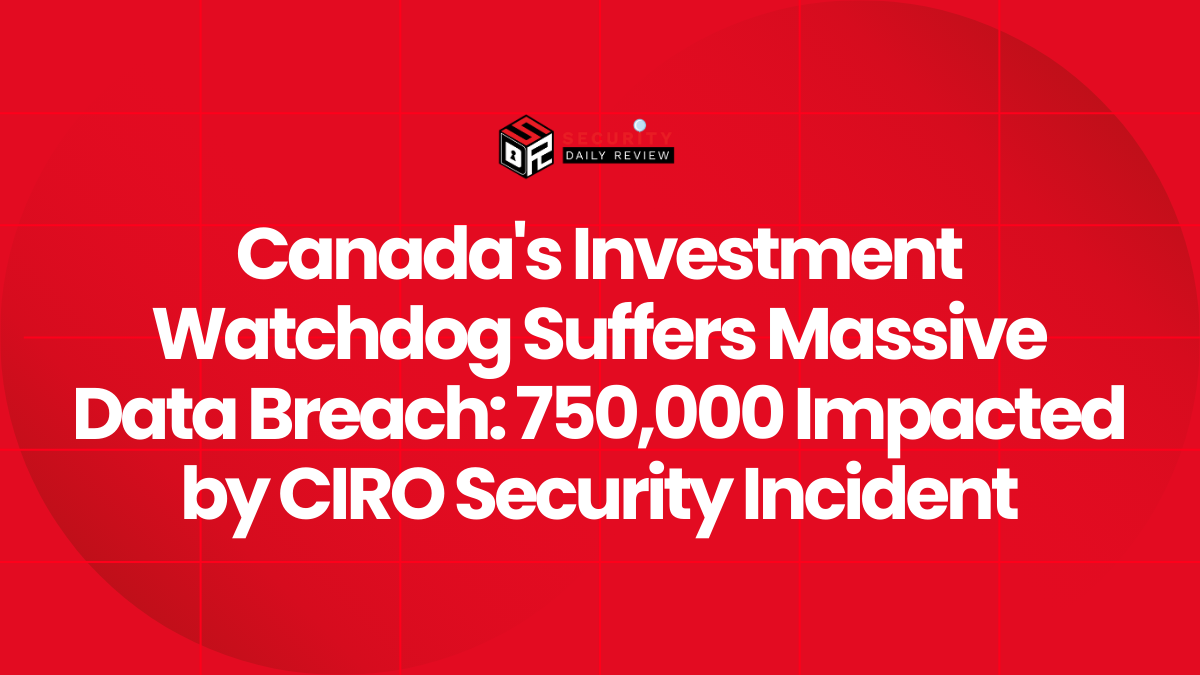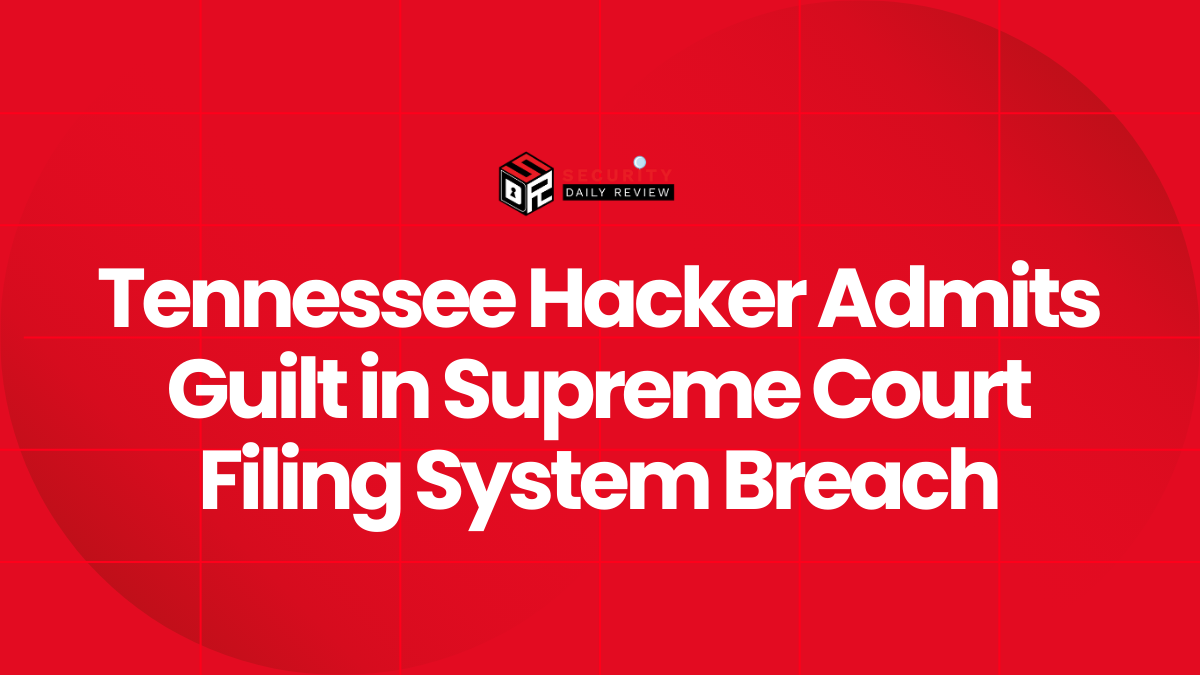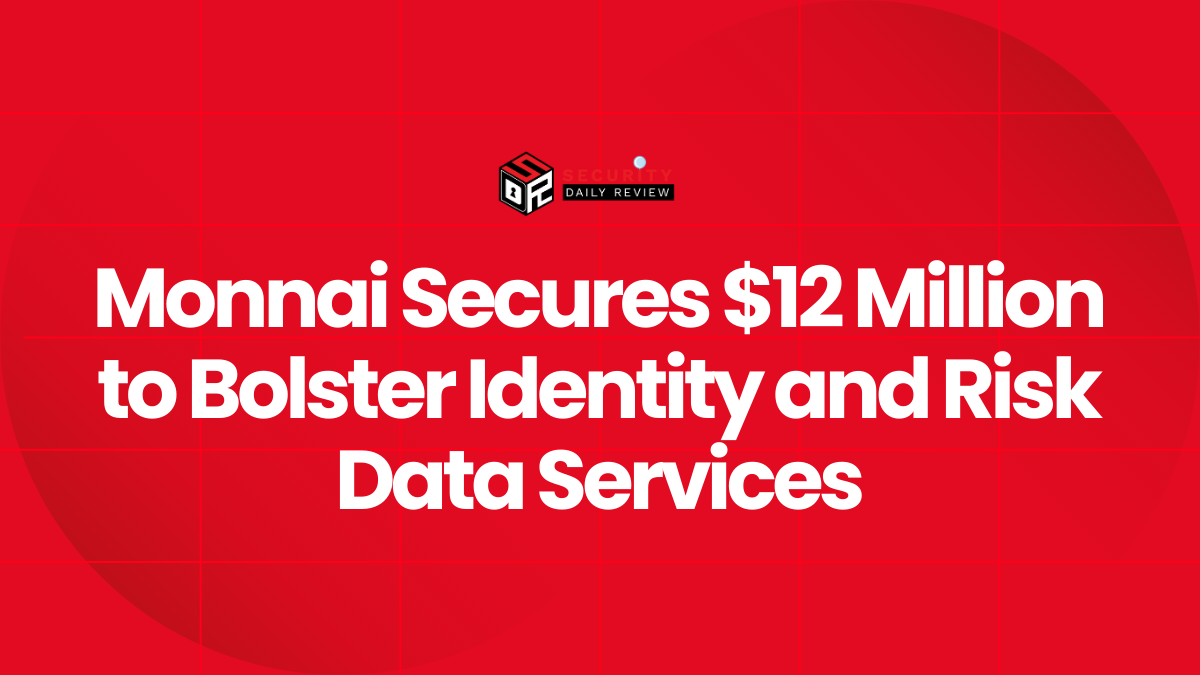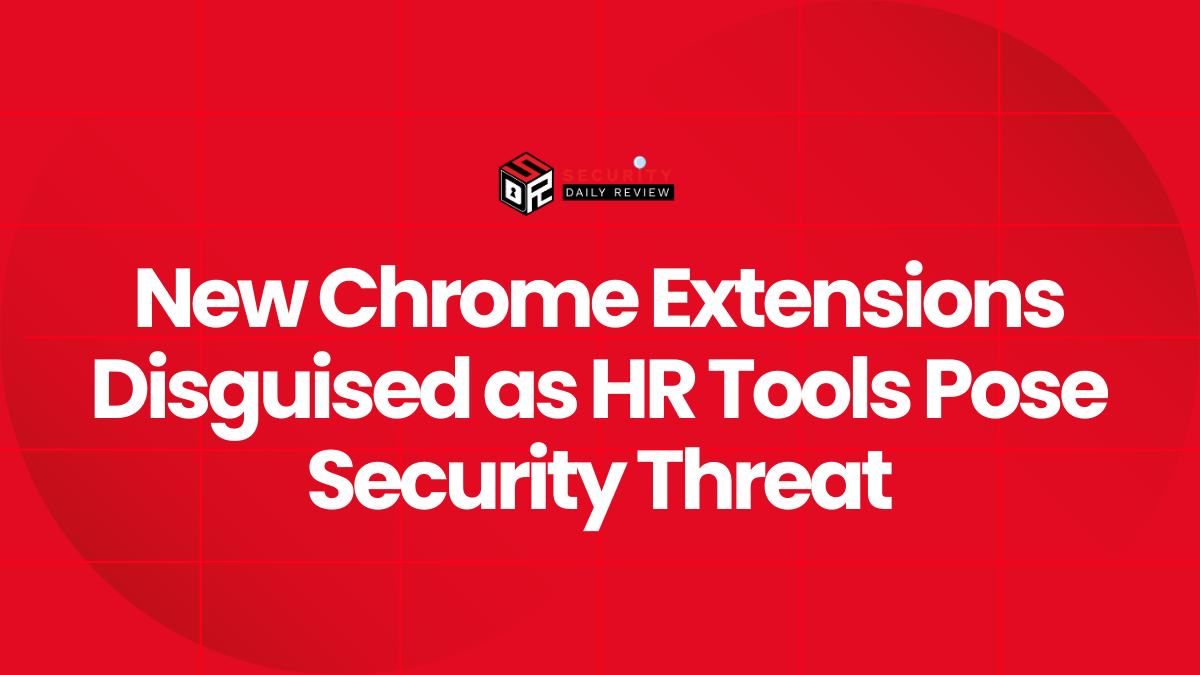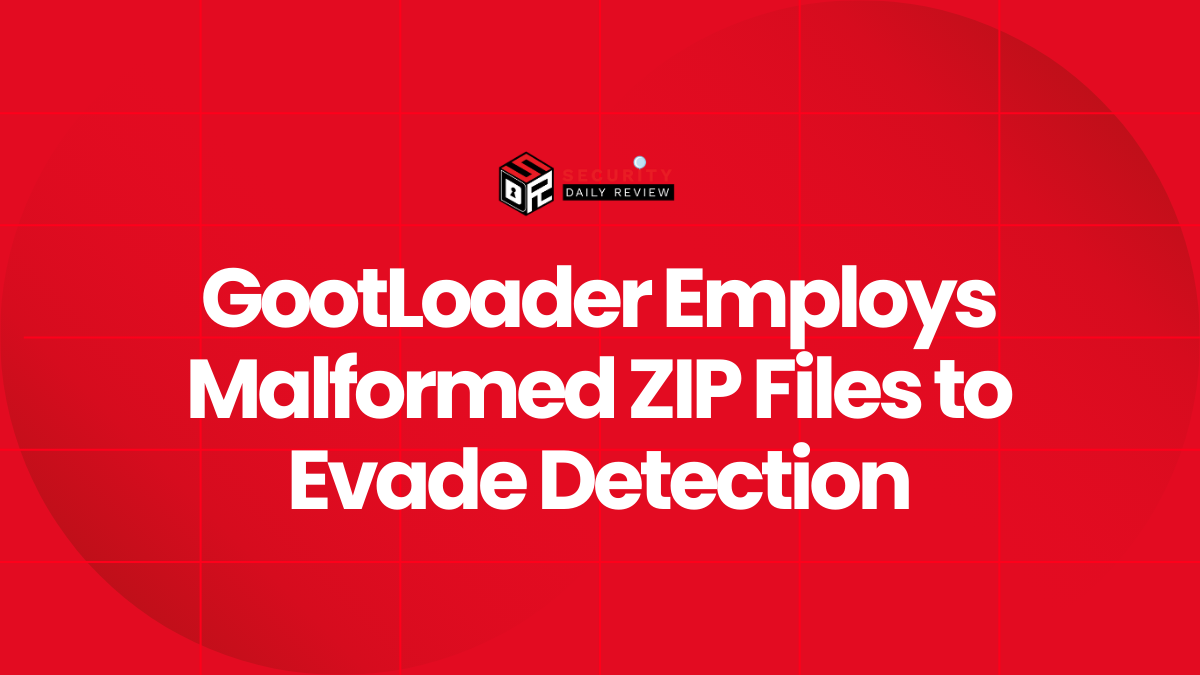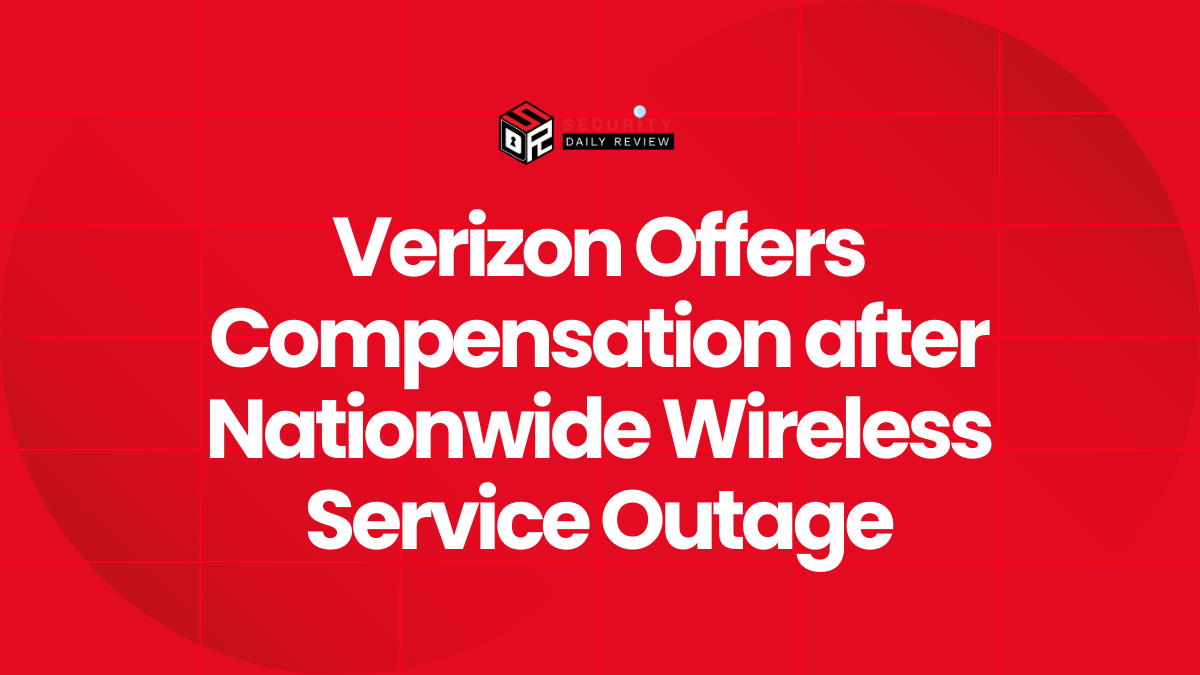Safeguarding networks is no longer a luxury; it’s a necessity.
Expertise in cybersecurity is in incredibly high demand. So making a career in this field both rewarding and lucrative.
In this blog you will explore the top 15 networking certifications by security vendors.
We will also provide a roadmap for both seasoned IT professionals and those just starting their journey in the world of cybersecurity.
Also, keep an eye out for the bonus certification that will only broaden and validate the skills and knowledge you already have.
What is Network Security?
Network security is a multifaceted strategy encompassing rules, policies, and technologies designed to protect the integrity of data and networks. It employs various software and hardware solutions to create layered defenses against unauthorized access and cyberattacks.
The importance of network security is undeniable, particularly given the widespread use of high-speed internet connections, mobile devices, and remote work environments. Protecting sensitive data from malicious activities and unauthorized access is crucial for both home and corporate networks.
Therefore, there is an increasing need for professionals in this industry. According to weforum.org, 67 percent of companies have reported a cyber skills gap. There is a global shortage of more than 4 million cyber professionals. So, this is an exciting opportunity to make your spot!
Types of Network Security
Several types of network security measures are employed to create robust security architectures. These include:
- Firewalls: Act as the first line of defense, filtering network traffic and blocking unauthorized access.
- Email Security: Protects against phishing attacks, malware, and other email-borne threats.
- Antivirus and Antimalware Software: Detects and removes malicious software from systems.
- Network Segmentation: Divides a network into smaller, isolated segments to limit the impact of security breaches.
- Access Control: Restricts access to sensitive data and resources based on user roles and permissions.
- Application Security: Secures applications from vulnerabilities and exploits.
- Behavioral Analytics: Monitors user and system behavior to detect anomalies and potential threats.
- Data Loss Prevention (DLP): Prevents sensitive data from leaving the network without authorization.
- Intrusion Prevention System (IPS): Detects and blocks malicious network traffic in real-time.
- Mobile Device Security: Protects mobile devices from malware and unauthorized access.
- Security Information and Event Management (SIEM): Collects and analyzes security logs to detect and respond to security incidents.
- Virtual Private Network (VPN): Creates a secure connection over a public network, encrypting data and protecting privacy.
- Web Security: Protects against web-based threats such as cross-site scripting (XSS) and SQL injection.
- Wireless Security: Secures wireless networks from unauthorized access.
Careers in Network Security
A career in network security offers diverse opportunities, including roles such as:
- Network Security Engineer
- Information Security Manager
- Application Security Engineer
- Cyber Security Engineer
List of 15 Top Networking Certifications by Security Vendors
These cybersecurity networking certifications will validate your skills and knowledge and make you a more attractive candidate to employers.
Here’s a list of 15 top networking certifications by security vendors:
1. Cisco Certified Internetwork Expert Security (CCIE Security)

The CCIE Security certification is the pinnacle of Cisco’s security certifications, representing the highest level of expertise in Cisco security technologies. It’s globally recognized and highly sought after by employers seeking top-tier security professionals. Achieving this certification will give you a deep understanding of complex security architectures, troubleshooting skills, and the ability to design and implement robust security solutions.
The certification process involves two challenging exams:
- Written Exam (SCOR 350-701): This exam tests your theoretical knowledge of various Cisco security technologies and concepts. Topics covered include:
- Security Infrastructure: Understanding the components and architecture of secure networks, including firewalls, intrusion prevention systems, and VPNs.
- Network Security: Implementing and managing security protocols and technologies to protect network infrastructure.
- Cloud Security: Securing cloud-based environments and applications using Cisco cloud security solutions.
- Content Security: Protecting against threats through content inspection and filtering.
- Endpoint Protection: Securing endpoints (computers, mobile devices) from malware and other threats.
- Secure Network Access: Controlling and managing access to network resources.
- Visibility and Enforcement: Monitoring network activity and enforcing security policies.
- Lab Exam (CCIE Security v6.0): This is an intensive 8-hour hands-on lab exam that assesses your practical skills in designing, deploying, operating, and optimizing Cisco security solutions. You’ll be presented with complex scenarios requiring you to configure and troubleshoot Cisco security devices and technologies in a realistic environment. This exam tests your ability to solve real-world security challenges under pressure.
The CCIE Security certification is a significant achievement, requiring extensive preparation and a deep understanding of Cisco’s security portfolio. It’s a valuable investment for individuals aiming for senior-level security roles and leadership positions.
2. Cisco Certified Network Professional Security (CCNP Security)
The CCNP Security certification validates your expertise in implementing and managing Cisco security solutions. It’s a stepping stone towards the CCIE Security certification and will gie you a strong foundation in Cisco’s security technologies. This certification is ideal for network engineers and security professionals who want to demonstrate proficiency in securing Cisco networks.
This networking certification involves passing the core exam and choosing one concentration exam:
- Core Exam (350-701 SCOR): This exam covers the foundational knowledge required for implementing Cisco security core technologies. It builds upon the concepts tested in the CCNA Security exam and delves deeper into advanced security topics.
- Concentration Exams: These exams allow you to specialize in specific areas of Cisco security. Options include:
- 300-710 SNCF (Securing Networks): Focuses on securing network infrastructure using Cisco’s security solutions.
- 300-715 SISE (Identity Services): Covers identity management and access control using Cisco Identity Services Engine (ISE).
- 300-720 SESA (Email Security Appliance): Focuses on securing email communications using Cisco Email Security Appliance.
- 300-725 SWSA (Securing the Web): Covers securing web applications and preventing web-based attacks.
- 300-730 SVPN (Implementing Virtual Private Networks): Focuses on implementing and managing VPNs using Cisco technologies.
- 300-735 SAUTO (Automation): Covers automating security tasks using Cisco’s automation tools.
The CCNP Security certification is a valuable asset for professionals seeking to advance their careers in network security and work with Cisco security solutions.
3. Palo Alto Networks Certified Network Security Engineer (PCNSE)
The PCNSE certification validates your expertise in Palo Alto Networks next-generation firewalls and their overall product portfolio. It demonstrates your deep understanding of Palo Alto Networks’ security architecture, features, and functionalities. This certification is highly valued by organizations using Palo Alto Networks solutions and is a significant asset for security professionals working with this technology.
The certification involves a single exam:
- PCNSE Exam: This 80-minute exam tests your knowledge through a mix of multiple-choice, scenario-based, and matching questions. The exam covers a wide range of topics, including:
- Firewall Configuration and Management: Configuring and managing Palo Alto Networks firewalls, including security policies, user roles, and VPNs.
- Threat Prevention: Understanding and implementing Palo Alto Networks’ threat prevention features, such as anti-malware, intrusion prevention, and URL filtering.
- Network Security: Securing networks using Palo Alto Networks’ security solutions.
- Troubleshooting: Identifying and resolving issues with Palo Alto Networks firewalls and other security products.
- Palo Alto Networks Product Portfolio: Understanding the different products within the Palo Alto Networks portfolio and how they integrate.
The PCNSE certification is a strong indicator of expertise in Palo Alto Networks’ security solutions and is highly valued in the industry.
4. Check Point Certified Admin (CCSA)
The Check Point Certified Admin (CCSA) certification validates your ability to administer Check Point Security Gateway and Management Software Blades systems. This certification is a foundational step for those seeking to work with Check Point’s security solutions. With this certification, you will have a solid understanding of Check Point’s core technologies and the ability to configure and manage their security gateways. Hands-on experience with Check Point products is highly recommended before attempting the exam.
The CCSA exam covers:
- Security Gateway Administration: This includes configuring and managing the core functionalities of the Check Point Security Gateway, such as firewall rules, VPN tunnels, and access control lists.
- Software Blades Management: Understanding and managing various Check Point Software Blades, which provide additional security functionalities like antivirus, intrusion prevention, and data loss prevention.
- Policy Management: Creating, deploying, and managing security policies using Check Point’s management tools.
- Troubleshooting: Identifying and resolving common issues with Check Point security systems.
- Basic System Administration: Understanding basic system administration tasks related to Check Point security appliances.
The CCSA networking security certification serves as a stepping stone to more advanced Check Point certifications, such as the CCSE.
5. Check Point Certified Expert (CCSE)
The Check Point Certified Expert (CCSE) certification builds upon the CCSA certification, demonstrating a more advanced understanding of Check Point security systems. It validates your ability to design, deploy, and troubleshoot complex Check Point security solutions. This certification is ideal for security professionals who want to demonstrate expertise in Check Point’s technologies and manage sophisticated security environments.
The CCSE exam covers:
- Advanced Security Gateway Configuration: This includes configuring advanced features of the Check Point Security Gateway, such as advanced firewall rules, VPN configurations, and security policy management.
- Software Blade Integration: Integrating and managing various Check Point Software Blades to create comprehensive security solutions.
- High Availability and Clustering: Configuring high availability and clustering solutions for Check Point security systems.
- Troubleshooting Complex Issues: Diagnosing and resolving complex security issues within Check Point environments.
- Security Architecture Design: Designing and implementing secure network architectures using Check Point technologies.
The CCSE certification is a valuable asset for security professionals working with Check Point solutions and seeking advanced roles.
6. Juniper Networks Certified Internet Specialist, Security (JNCIS-SEC)
The JNCIS-SEC certification validates your knowledge of Juniper Networks Junos OS for SRX Series devices. It’s a foundational certification for those working with Juniper’s security solutions and demonstrates a solid understanding of Juniper’s security architecture and functionalities. The JNCIA-SEC certification is a prerequisite for this certification.
The JNCIS-SEC exam covers:
- Junos OS Fundamentals: Understanding the basics of Junos OS and its role in Juniper security solutions.
- Firewall Configuration: Configuring firewalls using Junos OS, including access control lists, security policies, and VPNs.
- Security Policies: Implementing and managing security policies for various network services.
- Advanced Threat Prevention: Understanding and configuring Juniper’s advanced threat prevention features.
- High Availability Clustering: Configuring high availability and clustering solutions for Juniper security devices.
- Security Monitoring and Logging: Monitoring security events and analyzing logs for troubleshooting and security analysis.
The JNCIS-SEC certification is a valuable asset for those seeking to work with Juniper security solutions and is a stepping stone to more advanced Juniper certifications.
7. Juniper Networks Certified Expert, Security (JNCIE-SEC)
The Juniper Networks Certified Expert, Security (JNCIE-SEC) certification is the highest-level security certification offered by Juniper Networks. It validates expert-level knowledge and skills in deploying, configuring, managing, and troubleshooting Juniper Networks Junos-based security platforms. This certification demonstrates your deep understanding of Juniper’s security solutions and positions you as a highly skilled professional in network security architecture and implementation. This is a crucial certification for networking professionals seeking to demonstrate mastery of Juniper’s security offerings within the broader landscape of networking certifications by security vendors.
The exam covers:
- Junos OS Expertise: In-depth knowledge of Junos OS, including configuration, troubleshooting, and optimization for security-focused applications.
- Security Policy Implementation: Designing, implementing, and managing complex security policies across Juniper’s security platforms.
- Advanced Threat Mitigation: Understanding and implementing advanced threat protection mechanisms within the Juniper ecosystem.
- High Availability and Scalability: Designing and implementing highly available and scalable security solutions using Juniper technologies.
- Troubleshooting and Optimization: Diagnosing and resolving complex security issues and optimizing performance of Juniper security infrastructure.
- Integration with other Juniper Products: Understanding how Juniper security solutions integrate with other Juniper networking products to create a comprehensive security architecture.
8. Juniper Networks Certified Professional, Security (JNCIP-SEC)
The JNCIP-SEC certification builds upon the JNCIS-SEC certification, demonstrating a more advanced understanding of Juniper Networks Junos OS for SRX Series devices. It validates your ability to design, implement, and troubleshoot complex Juniper security solutions. The JNCIS-SEC certification is a prerequisite for this certification.
The JNCIP-SEC exam covers:
- Advanced Firewall Configuration: This includes configuring advanced firewall features, such as deep packet inspection, application control, and intrusion prevention.
- Advanced Security Policies: Implementing and managing complex security policies for various network services.
- Advanced Threat Prevention: Understanding and configuring advanced threat prevention features, such as anti-malware and anti-spam.
- High Availability and Clustering: Configuring and managing high availability and clustering solutions for Juniper security devices.
- Troubleshooting Complex Issues: Diagnosing and resolving complex security issues within Juniper environments.
- Security Architecture Design: Designing and implementing secure network architectures using Juniper technologies.
The JNCIP-SEC certification is a valuable asset for security professionals working with Juniper solutions and seeking advanced roles.
9. AWS Certified Advanced Networking – Specialty
The AWS Certified Advanced Networking – Specialty certification validates your expertise in designing, deploying, and managing complex cloud networks on Amazon Web Services (AWS). It focuses on advanced networking concepts and services within the AWS ecosystem and a deep understanding of AWS networking features and capabilities. This certification is highly valuable for cloud architects, network engineers, and security professionals working with AWS.
The exam covers:
- AWS Networking Fundamentals: A strong understanding of core AWS networking concepts, including VPCs, subnets, routing tables, and network ACLs.
- Advanced Networking Services: Expertise in advanced AWS networking services, such as Transit Gateway, Direct Connect, and VPN connections.
- Network Security: Implementing and managing security measures for AWS networks, including security groups, network ACLs, and AWS WAF.
- Network Optimization: Optimizing AWS network performance and scalability.
- Troubleshooting: Diagnosing and resolving network issues within AWS environments.
- Automation: Automating AWS networking tasks using tools like CloudFormation and AWS CLI.
This certification is highly sought after by employers seeking individuals with deep expertise in AWS networking and security.
10. Fortinet Network Security Architect (NSE 7)
The Fortinet Network Security Architect (NSE 7) certification validates the ability to design, administer, and troubleshoot Fortinet security solutions. This certification is highly valued by employers seeking professionals with deep expertise in Fortinet’s security portfolio, making it a significant asset in the field of networking certifications by security vendors. NSE 7 gives you a comprehensive understanding of Fortinet’s security architecture and its practical application in real-world scenarios.
The exam covers (Note: The specific content varies slightly depending on the chosen specialization):
- Fortinet Security Fabric: Understanding and implementing Fortinet’s Security Fabric architecture for unified security management.
- Firewall Design and Implementation: Designing and implementing secure firewall rulesets and policies.
- Advanced Threat Protection: Implementing and managing advanced threat protection features within the Fortinet ecosystem.
- Network Segmentation and Access Control: Implementing effective network segmentation and access control mechanisms.
- Security Automation: Automating security tasks and processes using Fortinet’s tools and integrations.
- Troubleshooting and Optimization: Diagnosing and resolving complex security issues and optimizing the performance of Fortinet security infrastructure.
11. Fortinet NSE 8 (Network Security Expert 8)
The Fortinet NSE 8 certification is the highest level of certification in Fortinet’s Network Security Expert program. It signifies mastery of Fortinet’s security solutions and validates a deep understanding of their security architecture, features, and functionalities. This certification is highly valued by organizations using Fortinet products and demonstrates expertise in securing networks using Fortinet’s comprehensive security platform.
The NSE 8 certification involves passing several exams, progressing through different levels of expertise. The curriculum covers:
- FortiGate Configuration and Management: Deep understanding of configuring and managing FortiGate firewalls, including advanced features like VPNs, application control, and threat prevention.
- Security Fabric Integration: Understanding and utilizing the Fortinet Security Fabric architecture for integrated security management.
- Advanced Threat Protection: Expertise in implementing and managing advanced threat protection features, such as sandboxing, anti-malware, and intrusion prevention.
- Security Automation: Automating security tasks using Fortinet’s automation tools.
- Troubleshooting Complex Issues: Diagnosing and resolving complex security issues within Fortinet environments.
- Security Architecture Design: Designing and implementing secure network architectures using Fortinet technologies.
Holding the NSE 8 certification demonstrates exceptional skills and knowledge in Fortinet’s security solutions.
12. (ISC)² Certified Information Systems Security Professional (CISSP)
The CISSP certification is a globally recognized and highly respected certification for information security professionals. It’s vendor-neutral, covering a broad range of security domains. This netowork security certification gives you a deep understanding of information security principles and practices. It’s considered a gold standard in the cybersecurity industry and is highly valued by employers seeking experienced and knowledgeable security professionals.
The CISSP exam covers eight domains:
- Security and Risk Management: Understanding security risks, vulnerabilities, and threats, and implementing risk management strategies.
- Asset Security: Protecting organizational assets, including data, infrastructure, and applications.
- Security Architecture and Engineering: Designing and implementing secure systems and networks.
- Communication and Network Security: Securing communication channels and networks.
- Identity and Access Management (IAM): Managing user identities and access controls.
- Security Assessment and Testing: Evaluating security controls and identifying vulnerabilities.
- Security Operations: Monitoring and managing security events and incidents.
- Software Development Security: Building secure software applications.
The CISSP certification requires significant experience in the field and is a testament to a professional’s expertise in information security.
13. Certified Cloud Security Professional (CCSP)
The Certified Cloud Security Professional (CCSP) certification validates your expertise in cloud security. It’s a vendor-neutral certification that focuses on the security aspects of cloud computing, regardless of the specific cloud provider. This certification equips you with a deep understanding of cloud security principles, architectures, and best practices. It’s highly valued by organizations migrating to the cloud or already operating in cloud environments.
The CCSP exam covers six domains:
- Cloud Concepts: Understanding the fundamental concepts of cloud computing, including different cloud models and deployment options.
- Cloud Security Architecture and Design: Designing and implementing secure cloud architectures.
- Cloud Data Security: Protecting data stored and processed in the cloud.
- Cloud Security Operations: Monitoring and managing security events in cloud environments.
- Cloud Infrastructure Security: Securing cloud infrastructure components.
- Cloud Compliance and Governance: Adhering to relevant security regulations and compliance standards.
The CCSP certification is a valuable asset for professionals working in cloud security and seeking to demonstrate their expertise.
14. Certified Information Security Manager (CISM)
The Certified Information Security Manager (CISM) certification is designed for information security managers and leaders. It focuses on the management and governance aspects of information security. This networking certification shows your expertise in developing and implementing information security programs. This certification is highly valued by organizations seeking experienced security managers and leaders.
The CISM exam covers four domains:
- Information Security Governance: Establishing and maintaining information security policies, procedures, and standards.
- Information Risk Management: Identifying, assessing, and mitigating information security risks.
- Information Security Program Development and Management: Developing and managing information security programs.
- Information Security Incident Management: Responding to and recovering from information security incidents.
The CISM networking certification is a valuable asset for security professionals seeking leadership roles and demonstrates expertise in managing information security programs.
15. CompTIA Security+
CompTIA Security+ is a vendor-neutral certification that validates foundational knowledge in cybersecurity. It’s a widely recognized entry-level certification, ideal for those starting their careers in cybersecurity or seeking to demonstrate basic security knowledge. It covers a broad range of security concepts and technologies, providing a solid foundation for further specialization.
The Security+ exam covers:
- Network Security: Understanding network security concepts and technologies, such as firewalls, VPNs, and intrusion detection systems.
- Compliance and Operational Security: Adhering to security policies and procedures and managing security operations.
- Cryptography: Understanding cryptographic principles and techniques.
- Threats and Vulnerabilities: Identifying and mitigating security threats and vulnerabilities.
- Security Architecture and Engineering: Understanding basic security architecture and engineering principles.
- Identity and Access Management: Managing user identities and access controls.
CompTIA Security+ is a valuable starting point for a career in cybersecurity and demonstrates a foundational understanding of security concepts.
Bonus: Certified Ethical Hacker (CEH)
The Certified Ethical Hacker (CEH) certification from EC-Council is a globally recognized credential that validates the skills and knowledge required to perform ethical hacking activities. While not strictly focused on a single vendor’s networking equipment, it’s highly relevant to networking security because it equips professionals with the offensive security skills necessary to identify and mitigate vulnerabilities in network infrastructure. This makes it a valuable addition to the range of networking certifications by security vendors, as it provides a crucial perspective on the defensive side.
The exam covers:
- Footprinting and Reconnaissance: Gathering information about target systems and networks.
- Scanning Networks: Identifying vulnerabilities and weaknesses in network security.
- Enumeration: Gathering detailed information about target systems and their configurations.
- Vulnerability Analysis: Identifying and assessing security vulnerabilities.
- Exploitation: Using vulnerabilities to gain unauthorized access to systems and networks.
- Post-Exploitation: Maintaining access and escalating privileges.
- Social Engineering: Manipulating individuals to gain access to sensitive information or systems.
- Denial-of-Service Attacks: Disrupting network services through various attacks.
- Malware Threats: Understanding and mitigating malware threats.
- Legal and Ethical Considerations: Understanding the legal and ethical implications of ethical hacking.
Choosing the Right Cybersecurity Certification
Selecting the appropriate certification from this list of networking certifications by security vendor, depends on your existing skills, career goals, and the specific technologies you work with.
Consider your experience level (entry-level vs. advanced) and the areas of cybersecurity you’re most interested in (e.g., network security, cloud security, ethical hacking). Researching different certification programs and their requirements will help you make an informed decision.
Cybersecurity networking certifications significantly enhance your job prospects. They demonstrate your commitment to professional development and validate your skills to potential employers. Networking certifications can lead to higher salaries, increased career opportunities, and improved job satisfaction.
Benefits of Obtaining Cybersecurity Networking Certifications by Security Vendors
Pursuing and obtaining cybersecurity certifications offers numerous advantages:
- Enhanced Career Prospects: These Networking Certifications significantly boost your resume, making you a more competitive candidate in a highly sought-after field. They demonstrate your commitment to professional development and expertise in specific areas of cybersecurity.
- Higher Earning Potential: Professionals with relevant certifications often command higher salaries compared to their uncertified counterparts. The value of your skills is directly reflected in your compensation.
- Increased Job Satisfaction: Mastering new skills and achieving professional recognition through certifications can lead to greater job satisfaction and a sense of accomplishment.
- Career Advancement: Networking certifications by security vendors can open doors to more senior roles and leadership positions within cybersecurity teams. They demonstrate the capability to handle complex security challenges.
- Improved Credibility and Recognition: Industry-recognized certifications build your credibility and establish you as a trusted expert in the field. This can lead to increased opportunities for networking and collaboration.
- Keeping Up with Industry Trends: The cybersecurity landscape is constantly evolving. Certifications help you stay current with the latest technologies, threats, and best practices. This ensures your skills remain relevant and in-demand.
How to Choose the Right Cybersecurity Networking Certification
Choosing the right certification requires careful consideration of several factors:
- Your Current Skill Level: Assess your existing knowledge and experience. Choose a networking certification that aligns with your current skill level, whether entry-level or advanced.
- Career Goals: Define your career aspirations. Select a certification that supports your long-term career objectives, whether specializing in network security, cloud security, or another area.
- Vendor-Specific or Vendor-Neutral: Decide whether you want networking certifications by security vendors (e.g., Cisco, Palo Alto Networks) or a vendor-neutral certification (e.g., CompTIA Security+). Vendor-specific certifications demonstrate proficiency in a particular vendor’s products, while vendor-neutral certifications showcase broader cybersecurity knowledge.
- Certification Path: Explore the different certification paths available. Some certifications have multiple levels, allowing you to progress through a structured learning journey.
- Cost and Time Commitment: Consider the cost of the exam and the time required for preparation. Allocate sufficient time and resources for successful completion.
- Industry Recognition: Ensure the certification you choose is widely recognized and respected within the cybersecurity industry. Research employer preferences and industry trends.
Our Top Picks for Vendor-Specific Networking Certifications for Career Advancement
Several certifications stand out for from our list of networking certifications by security vendors. Here are our Top Picks for vendor-specific networking certifications:
- CCIE Security: This top-tier Cisco certification opens doors to high-level security roles.
- PCNSE: The Palo Alto Networks certification is highly valued for its focus on next-generation firewalls.
- CCSE: The Check Point certification is sought after for expertise in Check Point security systems.
- JNCIE-SEC: Juniper’s expert-level certification demonstrates advanced skills in Juniper security solutions.
- AWS Certified Advanced Networking – Specialty: This certification is valuable for cloud security professionals.
- NSE 8: Fortinet’s top certification is highly regarded for its comprehensive coverage of Fortinet security solutions.
These certifications demonstrate expertise in critical areas of networking and cybersecurity and significantly improve job prospects.
FAQs (Frequently Asked Questions)
Q: What are the best networking certifications by security vendors for a career in cybersecurity?
A: The best networking certifications by security vendors depend on your career goals and experience level. However, some highly regarded vendor specific options include CCIE Security, CCNP Security, PCNSE, CCSE, and others listed above.
Q: What are the benefits of obtaining popular networking certifications?
A: Popular networking certifications offer enhanced career prospects, higher earning potential, increased job satisfaction, career advancement opportunities, improved credibility, and the ability to stay current with industry trends.
Q: Where can I find online courses for networking certifications?
A: Many online learning platforms, including Coursera, Udemy, and others, offer online courses for various networking certifications. It’s essential to research the reputation and accreditation of the program before enrolling.
Q: How do I choose the right networking certification program for my career path?
A: Consider your current skills, career goals, vendor preference (vendor-specific or vs. vendor-neutral), certification path, cost, time commitment, and industry recognition when selecting a networking certification program.
Conclusion
This comprehensive guide provides a solid foundation for navigating networking certifications by security vendors. Remember that continuous learning and professional development are crucial for success in the ever-evolving cybersecurity field.

